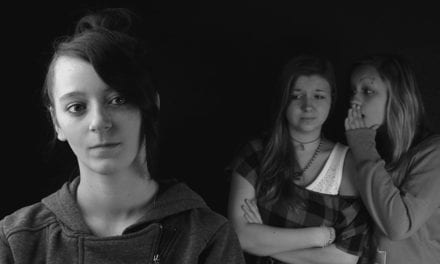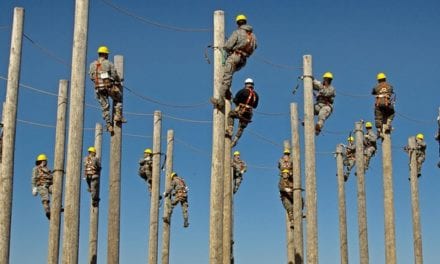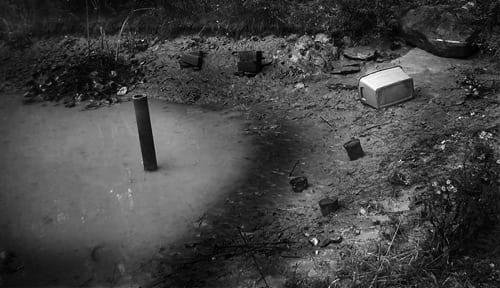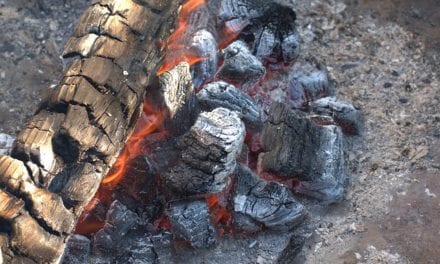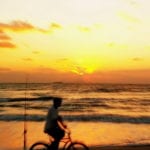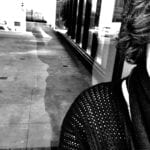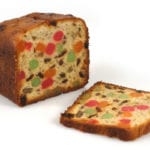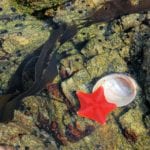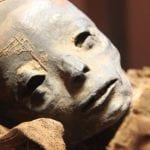Dredging
“They’re draining Jackson Pond,” my wife says, and I almost spray my Fruit Loops. She just keeps rolling like it doesn’t matter, rinsing her breakfast dishes and slipping them into the dishwasher, stuffing Zach into his coat so I can drop him at preschool.
“For god’s sake, why?” I say.
“You know how it’s been flooding over there?” she says, cramming his arm into a sleeve. “Well, they want to dredge it out, make it deeper. I guess it keeps flooding out the big houses over there. Global warming, I don’t know.”
Then in a whoosh of hairspray and perfume, and a lipsticky smack on the cheek, she is gone, the garage door grumbling closed, leaving just Zach and me. Zach slams his hand into his oatmeal bowl, oatmeal splattering everywhere. He turns to me, eyes wide in surprise.
~~~OOO~~~
It was small. An acre, maybe two? Part of the park where the older kids had their baseball games. In the summer, we fished it. In the winter, we skated and played hockey on it. We were kids before video games, and that’s what we all did. We spent most of our summers there, throwing rocks at geese and tight-lining for the monster carp whose dorsal fins skimmed the cloudy surface in the hot months. It was a mudhole, but it was easy biking-distance from home.
We all used to talk about Jesse Rodriguez who’d drowned in it, but he was just a ghost story. It was too muddy to ever be sure, but I doubted it was more than a few feet deep. One winter, Mary Wendelken was skating and fell through the ice, and the water only came up to her knee. That’s why, when we threw Jeffrey Billik’s bike in there, we were surprised that it sank.
At school, Jeffrey was an eclectic target – every group of kids picked on him for a different reason. He was fat. He wore thick Harry Caray glasses. He had an effeminate lisp; we called him “Jeffaggot.” He came from a broken home, and there were rumors about what had happened to his dad…maybe jail. They didn’t have money; he never had nice clothes or school supplies.
So one day – this was in fifth grade – at Jackson pond, three of us took away his bike. It wasn’t new, wasn’t nice. But it was his, and that was what mattered. We danced around it, chanting “Swim, Jeffaggot, swim!” Then we threw it in. It hit the water and sank fast and was gone.
Fifteen years later, long after the fires that temper us in adolescence had cooled, I ran into him at a gas station. He was in his mid-twenties, enrolled at a community college and working a couple jobs to support his girlfriend. They’d just had a baby. He showed me a picture. I wanted to apologize, but we were past all that. We shook hands and he drove away.
A week later, driving home on a rainy night in that car, Jeffrey took a turn too fast. His car left the road and wrapped itself around a tree. He was killed.
~~~OOO~~~
After work one day with Zach in tow, I stopped at Jackson Pond. Without the water, it’s just a muddy gash, shallow, filled with garbage. I’m surprised how black it is – no green, no rocks, just soft, silty black earth, darker than topsoil.
The trash is everywhere – tires and car parts. Bloated black garbage bags. Here and there pieces of fishing tackle, lures and bobbers, the occasional rod and reel. An overturned metal garbage can on its side, just about rusted through. Everything slimed with a membrane of rotting leaves.
We make the loop around it, then again, looking.
“It stinks,” says Zach, covering his nose and mouth against the rotting stench of compost.
“You should have smelled it when they first pumped it,” says a voice behind us. It belongs to a bent, smiling man, probably a little older than my father. “They had guys going around picking up the fish in buckets. Fish were flopping all around. I don’t know what they did with them.”
“Did they pull anything else out?” I ask.
“Oh, I imagine they have,” the man says. “I haven’t been watching the whole time. But the real fireworks start tomorrow,” he says with a wink and a grin, motioning back over his shoulder. Behind him a wide-tracked backhoe looms like a sleeping dinosaur.
Zach starts to fidget. I pick him up and realize his feet are caked in black mud. Mine too, and the cuffs of my work pants.
“Yes sir,” the man continues, “Tomorrow they’ll scoop her out and haul her away.”
I wave a thank you and carry Zach back to the car. In the parking lot I tickle him and he laughs and wriggles and writhes, spreading the mud all over me. His shirt slides up a little and I feel his skin, soft against my stubbled face, still a trace of that baby smell. It gives me a flashed memory of changing his diaper when he was a baby, the cascading white powder. How amazingly fresh it all seemed.
When I get him in his car seat, I look back out at the twilit pond, hoping for a glimpse of a tire, a handlebar, anything. But it’s all shadows and mud and rot, and when the car pulls east, out of the parking lot, in my rearview mirror the empty pond disappears in the blazing glare of the setting sun.

